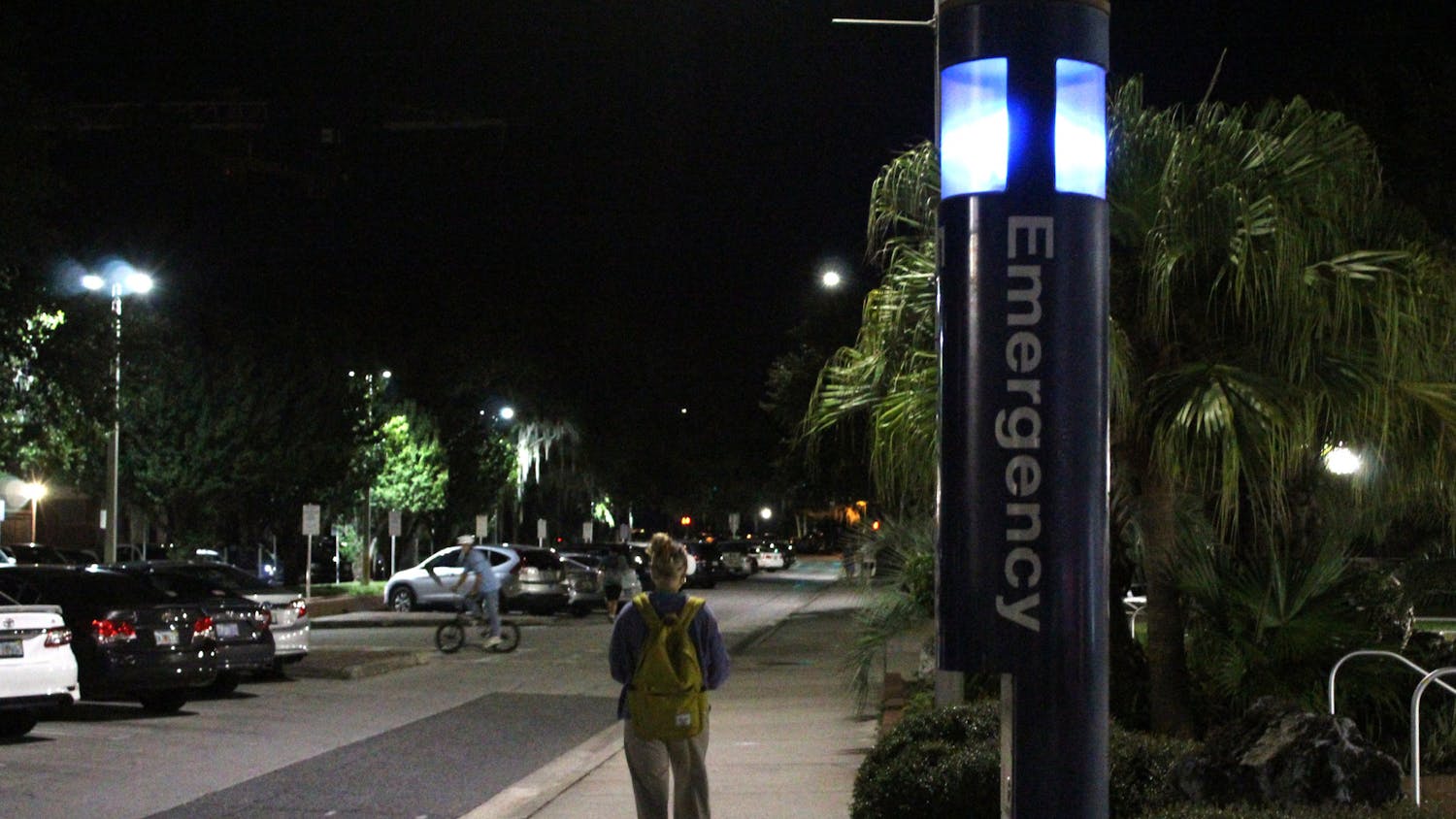Monday marked the 43rd anniversary of the death of Robert Francis Kennedy, the 64th attorney general of the United States and one-time presidential candidate who was gunned down in the kitchen of the Ambassador Hotel only hours after locking up the pivotal California Democratic primary.
For some, the man represents nothing more than another political opportunist who used his well-endowed name to climb the highest echelons of the American government. For those who were yelling "no more," to a war worlds away, vicious racial bigotry and overall social unrest, Bobby Kennedy represented the country's best - and last - chance at bringing together a nation torn apart by internal turmoil. In April of that same year, America's "dream" had breathed its last breath on the balcony of a Memphis hotel. Two months and three bullets later, the last handful of dirt had been thrown on its grave.
For many students today, the lessons brought forth by Robert Kennedy only serve as rustic planks on a dark bridge in the American historical narrative, a bridge seldom traveled in the mind of the average young adult, that connects an era of what could have been with an era of what unfortunately was. For most of them, the promises he made to their parents and grandparents appear as hollow words powerless to the concerns of today's world, just another vision cast into the winds of time.
And therein lies the problem.
On the surface, today's America bears little resemblance to the America of 1968. Swarms of students do not kick down the doors of administration buildings in protest of a country that has betrayed them. Fellow countrymen do not immediately resort to drawing blood over the matter of skin color as they did in that year. The battles of then were over America's heart and soul. Now, it's mostly over her pocketbook.
But underneath the glossy coating of bite-sized technological triumphs, Twitter feeds and reality television lies a country filled with cracks and tears.
We are still a country that is divided by color. This time, the battle is not between black and white; it's between red and blue. Like then, there is no gray.
We are still a country filled with many who do not have enough. This time, it is not just money that they are scrambling to obtain; they look for an identity, a purpose, a chance, anything to become simply adequate. Like then, "special" just seems out of reach.
We are still a country desperately seeking the light of the glory days before. This time, its flicker is more bittersweet. Like then, it doesn't appear to be returning.
In a 1964 tribute to his fallen brother, Jack, Bobby Kennedy recounted a line from Shakespeare's "Romeo and Juliet." "When he shall die," Kennedy read to the audience, "take him and cut him out into stars, and he shall make the face of heaven so fine that all the world will be in love with night and pay no worship to the garish sun."
For our country, the sky has never appeared so dark nor its winds felt so cold. But if we try to implement Bobby's vision into our everyday lives, we may make some stars of our own, stars that others will not only marvel at, but will use as their guiding light to a better world.





